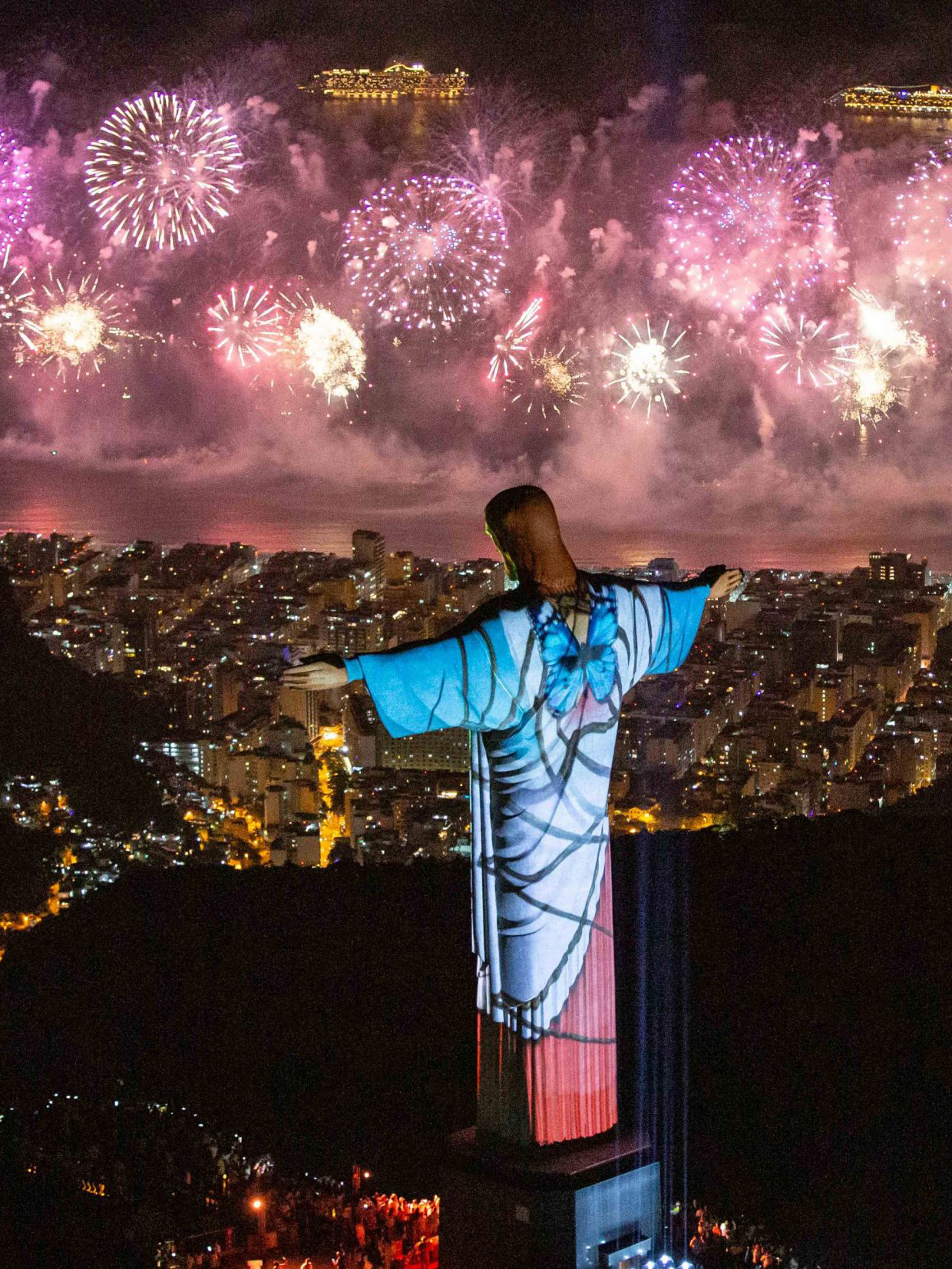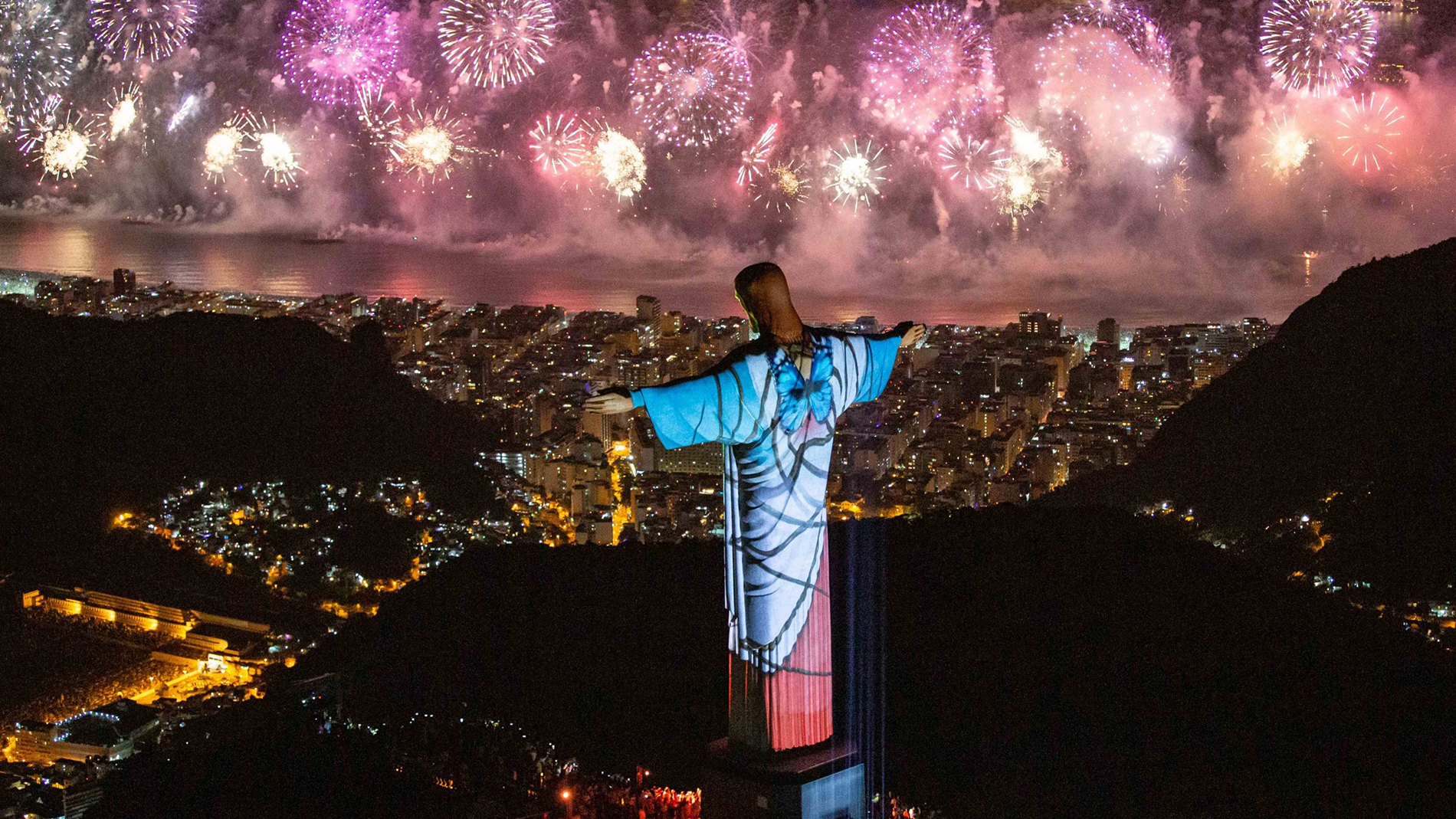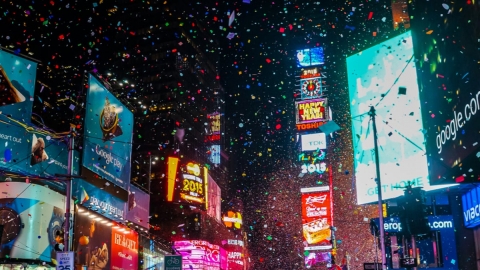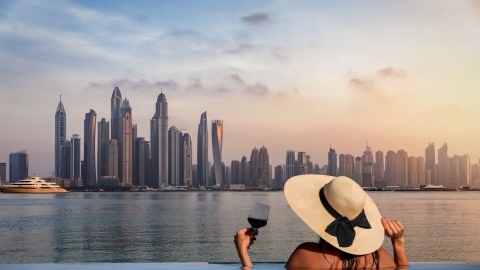Every year, the New Year's Eve celebration attracts millions of locals and tourists to Copacabana beach in Rio de Janeiro to watch the fireworks on New Year's Eve. Canceling this event could significantly impact the city's tourism, but this is not entirely unexpected given the continued high number of Covid-19 infections in Brazil.
On his Twitter page, Mayor Eduardo Paes emphasized that he is still implementing the strictest restrictions to prevent the spread of the virus, stating, "The city council said that celebrations could continue, but the state government did not allow it. Therefore, the festivities in Rio cannot take place."
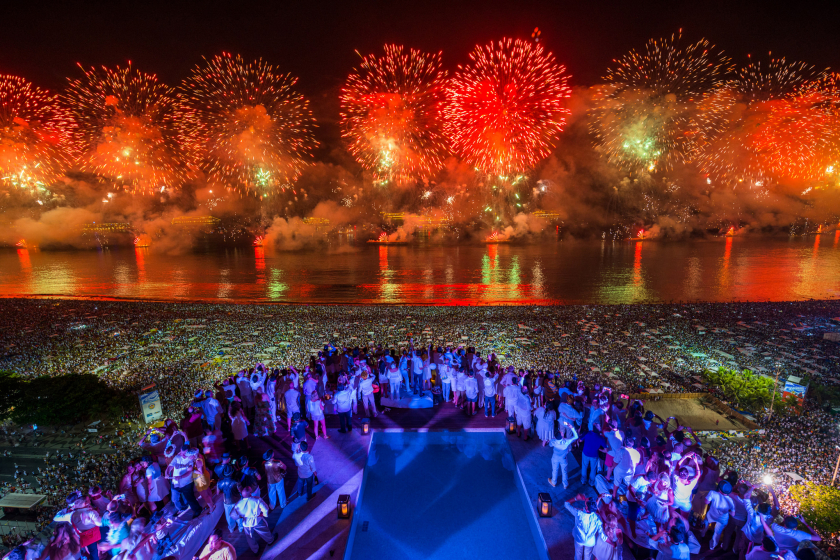
Before Covid-19, New Year's Eve celebrations in Rio de Janeiro always attracted large crowds. (Photo: Internet)
Rio de Janeiro is a city in the state of the same name (Rio de Janeiro) located in southern Brazil, famous for its many natural attractions and the vibrant Carnival festival. The decision to cancel the New Year's celebrations has raised questions about whether the city's iconic Carnival, scheduled for February 2022, will actually be held.
"I am deeply saddened, both as Mayor and personally. New Year's Eve celebrations in Rio are one of the most wonderful and unique events in the world," Paes said at a press conference.
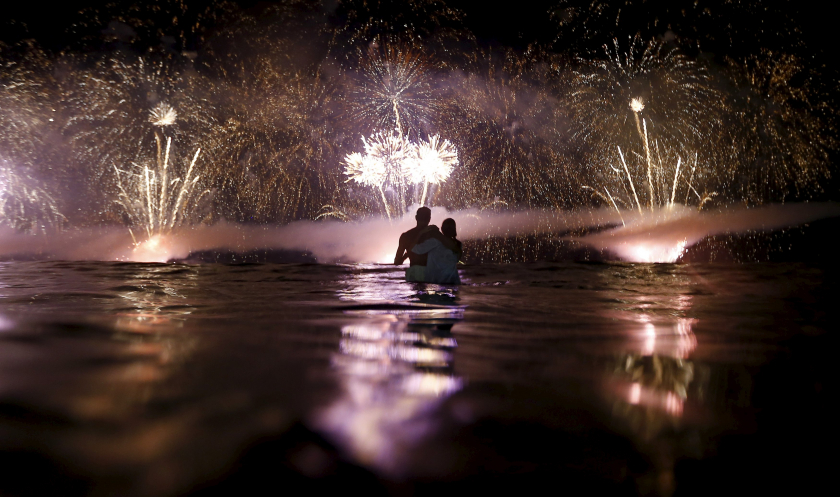
Twenty other Brazilian cities, including the populous city of Sao Paulo, have also canceled their year-end festivities. - Photo: Reuters
Despite canceling the New Year's celebrations, Rio de Janeiro remains open to tourists who have received two doses of the Covid-19 vaccine. Additionally, city authorities require residents to present a Covid-19 certificate when entering beauty salons, restaurants, bars, and hotels.
Statistics show that Brazil has the second highest number of Covid-19 deaths in the world, after the United States. It is also the first Latin American country to record cases of the Omicron variant, with 6 confirmed cases.

 VI
VI EN
EN



